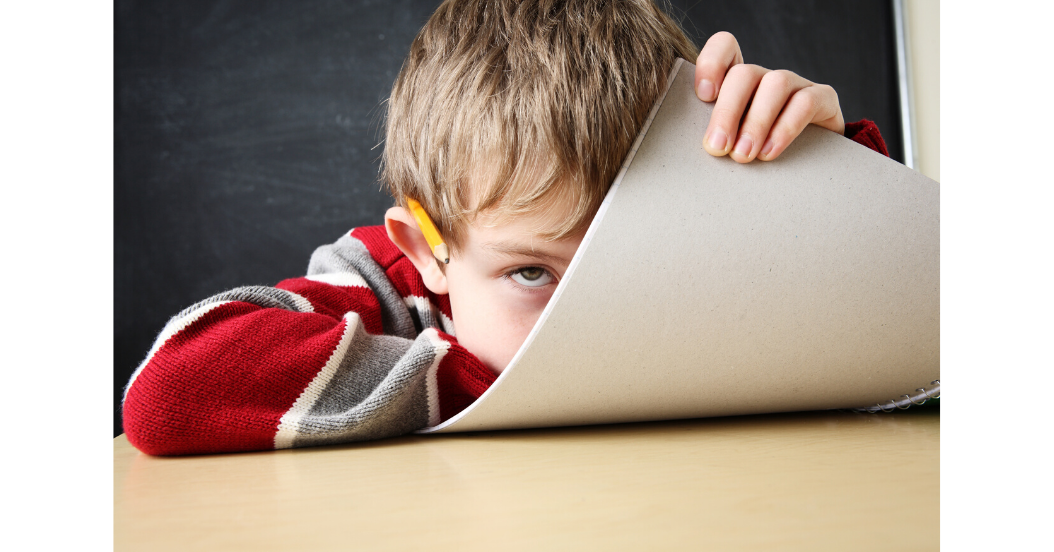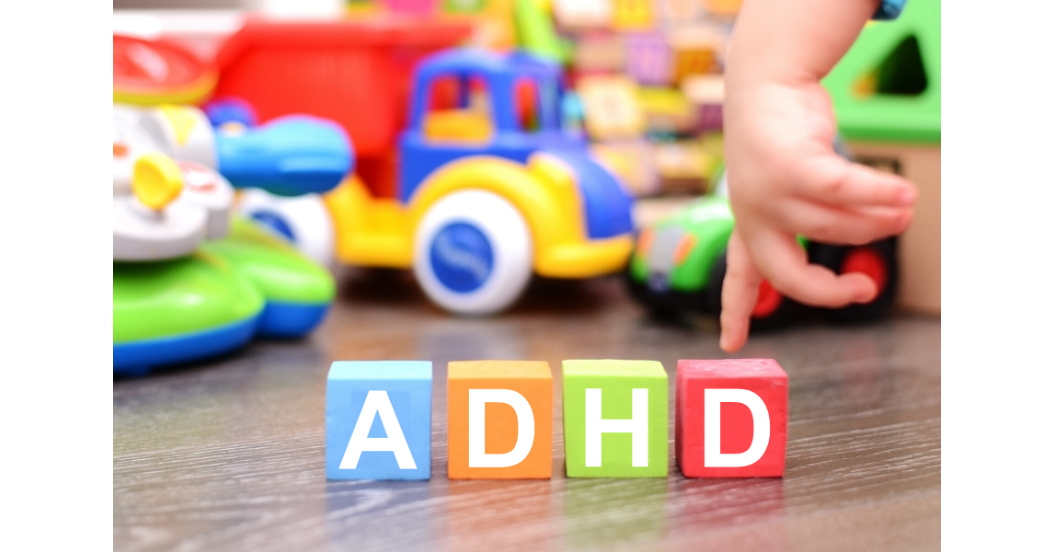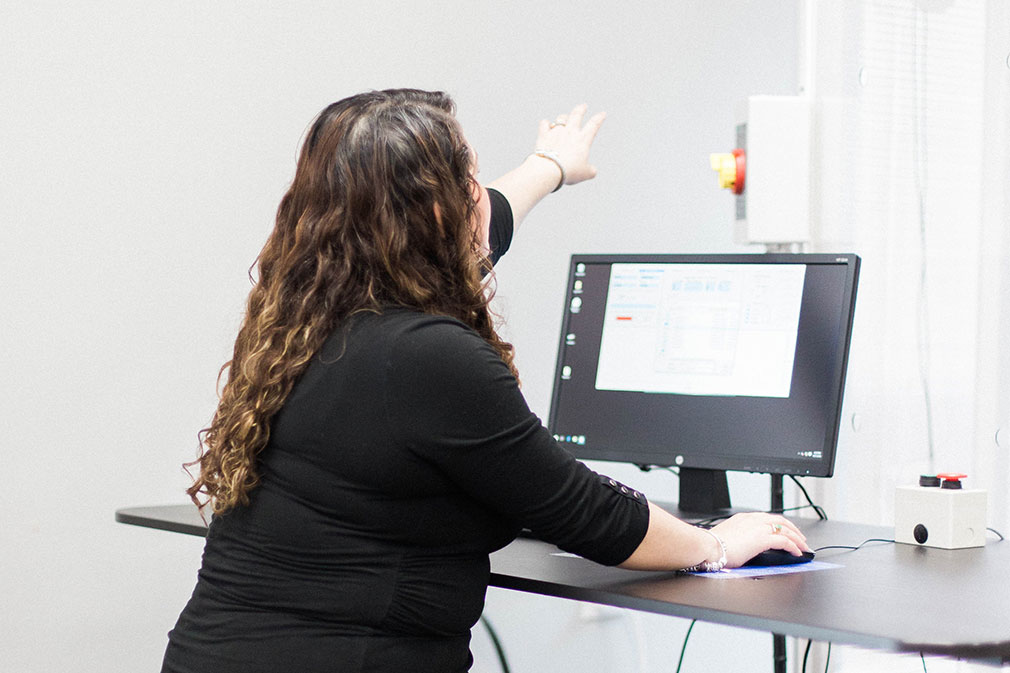
“Low-intensity electric stimulation of the face is beneficial for children with ADHD.”
Attention Deficit Hyperactivity Disorder (ADHD) is one of the most common childhood neuropsychiatric disorders in the country. There has been a growing demand for non-pharmaceutical therapies for children with ADHD. Medications are often avoided due to side effects, social stigma, and parental preferences. So what are the other options?
Low-Intensity Electric Stimulation
There is a growing amount of research and devices on low-intensity electric stimulation with ADHD. Low-intensity electric stimulation of the face, known as trigeminal nerve stimulation, stimulates the brain, and this stimulation results in improvements in brain wave activity based on EEG testing (commonly abnormal with ADHD) and a decrease in symptoms. This stimulation has been shown to increase parasympathetic activity similar to vagus nerve stimulation increasing the “rest and digest” side of the nervous system and calming the “fight or flight” side.
Trigeminal nerve stimulation has minimal risk and is well tolerated by most children and adults. Therefore, trigeminal nerve stimulation is a non-invasive intervention with proven benefits in reducing ADHD symptoms.
Trigeminal nerve stimulation is easy and safe to perform at home. For more information regarding your child with ADHD feel free to contact us at: https://neurologicwellnessinstitute.com/contact/
McGough et al. Double-blind, sham-controlled, pilot study of trigeminal nerve stimulation for attention-deficit/hyperactivity disorder. Child & Adolescent Psychology. 2019.




